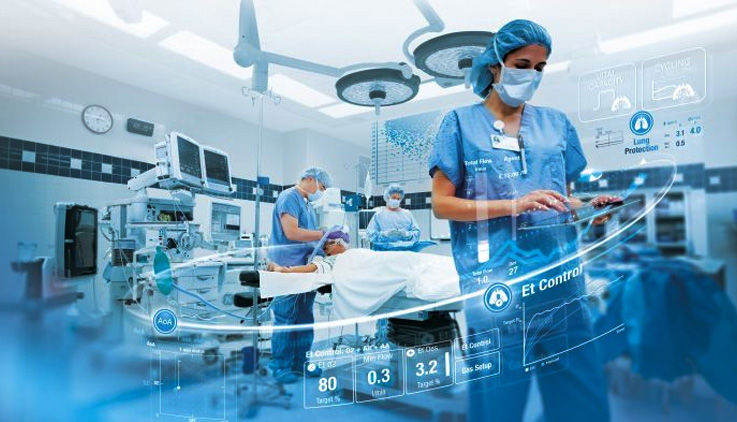Critical care also popularly known as intensive care is a multidisciplinary and demanding healthcare unit where a broad spectrum of approaches needs to be delivered on time. Cutting-edge technology and modern advances in this discipline aid in promoting health to critical patients. Complete intensive care can be vastly defined as providing timely and highly specialised service to patients with continuous monitoring, detailed observation, and invasive treatment.
Critical care is significantly time dependent. Early referral and timely support play a significant role in the prognosis of the patient. Delay or improper assessment of the condition can seriously jeopardize the recovery of the patient.
Respiratory support, circulatory support, renal support, organ support, and neurological support are the critical factors that are assessed and monitored continuously in the critical care unit. Heart rate, respiratory rate, blood pressure, temperature, pulse oximetry, blood gases saturation, and urine output are carefully screened and controlled.
What’s New?
In recent times critical care has branched out entirely as a new division of healthcare services. Intensive care units are now led by a team of highly qualified specialists led by an Intensive Care Specialist working towards improvement of mortality.
Strict guidelines and work patterns are regulated to work efficiently in the time of immediate emergencies. A high ratio of healthcare provider to a patient is maintained for better management. The team of critical care specialists provide 24/7 support round the clock and continuously track the patient vitals.
All treatment plans are now collectively discussed in a time sensitive manner with daily input from radiology, pathology, microbiology, physiology and a vast number of sectors. Each critical care unit has a dedicated nursing team too with specialised and advanced training.
Each critical care facility is now equipped with state-of-the-art modern equipment which complies with specific standards. Latest advances now have better resuscitation procedures and equipment. Optimum glycemic control, albumin fluid resuscitation are few of the advances towards cardiac surgery patients. Glucocorticoid therapy for sepsis, better management of hyponatremia and cardiogenic shock, bicarbonate therapy in metabolic acidosis are few of the most recent procedures.
Future Of Critical Care
Bioengineering, new reconstructive biocompatible materials, advanced immunotherapy, better pulmonary rehabilitation, improved hospital structures and functions regarding critical care units are few of the nascent disciplines which bring about a revolutionary outcome in the field of critical care medicine.



